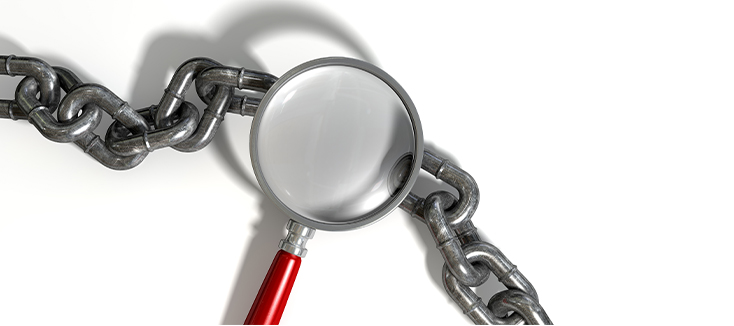When reprocessing medical devices, like TEE probes, most attention is placed on the high-level disinfection process, but not much thought is given to the water used for rinsing. Overlooking water quality can have serious repercussions for patients and healthcare facilities. If water being used to rinse high-level disinfectant off TEE probes is not free from bacteria and viruses, it may contaminate the probe and contribute to the spread of healthcare associated infections (HAIs).
Poor water quality poses a serious threat to patients, especially those who are immunocompromised. According to Shane Sullivan, Vice President of Sales for Nephros which develops and sells high performance liquid purification filters, about half of the HAIs reported by the American Hospital Association each year are related to pneumonia and, “of those cases, roughly 25 to 30 percent can likely be tied back to water quality.” If water is not properly filtered before being used to rinse medical devices, patients may be exposed to pathogens including Legionella, Pseudomonas, and Mycobacterium Chelonae. These are dangerous and can sometimes prove fatal. In order to provide quality care, healthcare facilities must closely monitor and improve their water quality.
Failing to provide clean water not only hurt patients, it hurts your facility. A report by the National Center for Biotechnology Information states that HAIs incur costs of up to $11.5 billion annually. By not ensuring that pure water is being used, facilities risk the costs of added labor, treatments, and medications. In addition to financial burdens risked by poor water quality, a facility chances its reputation, damaging headlines, and loss of trust from the public.
As stated by Centers for Medicare and Medicaid Services, “Facilities must develop and adhere to policies and procedures that inhibit microbial growth in building water systems that reduce the risk of growth and spread of legionella and other opportunistic pathogens in water.” If not, facilities risk noncompliance which may result in, “the curtailment of Medicaid and Medicare reimbursements.”
To take water quality seriously, healthcare facilities need to do several things. Begin by developing a robust water management plan, carefully accounting for all water sources from sinks and showers to medical device washers and even ice machines. Proper biological filtration capable of capturing contaminants as small as 5 nanometers can offer facilities a robust barrier and peace of mind. Nephros' FDA-cleared filters aid in infection control and provide safe water for uses ranging from drinking to washing surgeons’ hands and equipment used in medical procedures. If your current filters have labels that warn against use with water that is microbiologically unsafe or of unknown quality, consider these process improvements to reduce risk and improve patient safety today.
When evaluating filtration options, one should make an effort to use filters that have been cleared by the FDA to aid in infection control. Sullivan promotes FDA clearance for water filtration because, “When the FDA clears a device, they believe the device provides proper aid to ultimately help patients. The FDA’s only concern is the patient.”
For this reason, the new TEEClean® Automated TEE Probe Cleaner Disinfector incorporates one of Nephros' 5 nanometer water filters. All water entering TEEClean is filtered to 5 nanometers, retaining bacteria, viruses, and endotoxins.
By paying attention to water quality, healthcare facilities take one step closer to providing patients with the high quality care they need and deserve. Make sure your facility is following best practices with regards to water purity and help stop HAIs.


